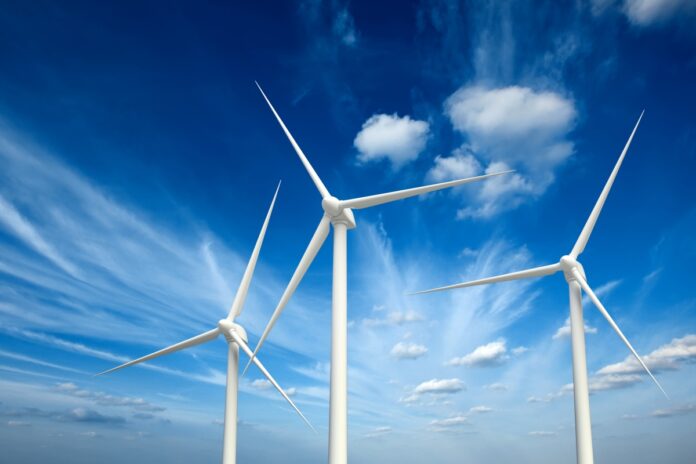5G-enabled smart electricity substations to speed up switch to clean energy.
UK Power Networks (UKPN), the largest electricity distributor in the country, provides power to 8 million homes across London, the South East, and East of England.
UKPN has teamed up with Vodafone to apply 5G to its operations to increase efficiency, cut tcosts, and reduce the carbon footprint of its energy supply chain.
The power distributor reckons this will save British energy consumers £100 million by 2050 and reduce carbon emissions by near 64,000 tonnes over the same period.
Over the last two decades, it has had to transition from dealing with a handful of fossil-fuel power suppliers to many small ones that create power from sustainable sources like wind, solar and hydro sources – there are more than 170,000 in the UK now.
Clever Constellation
UKPN developed Constellation, a prototype of a smart substation in its quest to find cheaper, more reliable ways to integrate renewable power generation providers into its network.
The partnership with Vodafone, which came about through regulator Ofgem’s Network Innovation Competition, will see a 5G network replacing some conventional methods used connect the electricity management system.
When there is a problem – a power surge, for example – the power lines need to be switched off in milliseconds. Before 5G came along, fibre cables or microwave radio were the only means of carrying a signal quickly enough.
Now Vodafone’s 5G cellular system can rival these networks for speed, with the added advantages of flexibility and reduced costs, according to the two companies.
The intelligent substation systems needed to manage the electricity network in real time will communicate with each other over a dedicated, highly secure slice of Vodafone’s 5G Standalone (5G SA) network.
Over-the-air communication avoids diging up roads and fields to lay cables, which is cheaper, faster and less disruptive, and enables small green energy generators to be added to the network more easily.
Smart substations
UKPN reckon this kind of 5G innovation could save UK electricity customers more than £100 million by 2050 and reduce carbon emissions by near 64,000 tonnes over the same period – the equivalent of nearly 39,000 return flights from London to New York.
“5G is not only replacing older and more expensive technologies, it is bringing about new capabilities that benefit everyone – including consumers, businesses and the environment,” said Andrea Donà, Vodafone’s Chief Network Officer in the UK.
UKPN is also calling on the expertise of General Electric, the University of Strathclyde, ABB and Siemens to develop the software running the Constellation system, so that it can integrate new suppliers faster, manage demand, and handle the addition of electric vehicles into the mix, both as users and providers of electricity to the grid.
UKPN plans to test the Constellation system at various locations in south-east England and at the University of Strathclyde’s Power Networks Demonstration Centre near Glasgow.
Ian Cameron, UKPN’s Head of Customer Services and Innovation, said, “Working with Vodafone and our industry and academic partners, we are creating a platform that will enable our network to become one of the smartest in the world.
“We already have smart control rooms and smart electric vehicle chargers – having smart substations in the middle will help us continue our work to facilitate Net Zero and deliver real cost and carbon savings for our customers.”



